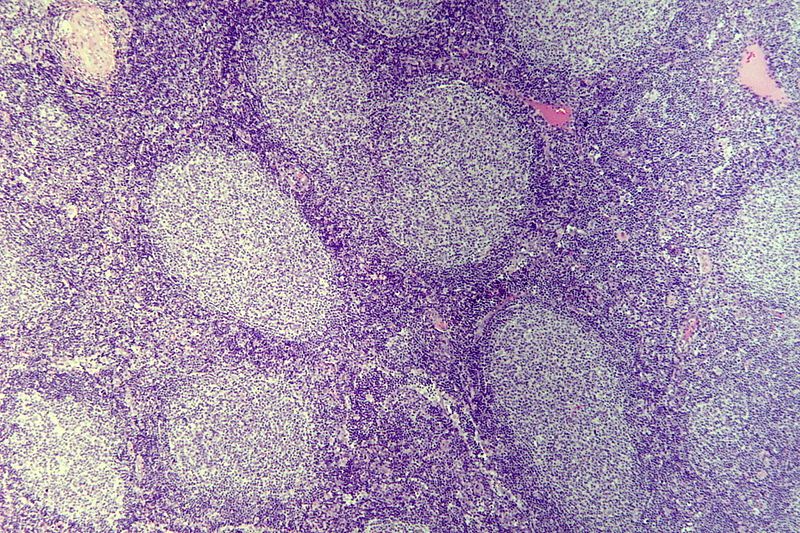
Liso-cel Earns FDA Accelerated Approval in R/R Follicular Lymphoma

Data from the TRANSCEND-FL trial support the accelerated approval of lisocabtagene maraleucel in relapsed/refractory follicular lymphoma.
The FDA has granted accelerated approval to lisocabtagene maraleucel (liso-cel; Breyanzi) as a treatment for adult patients with relapsed/refractory follicular lymphoma following 2 or more prior lines of systemic therapy, according to a news release from the agency.1
Supporting data for the accelerated approval came from the phase 2 TRANSCEND-FL trial (NCT04245839). Among 94 evaluable patients with PET-positive disease at baseline or after bridging therapy, the overall response rate (ORR) with liso-cel was 95.7% (95% CI, 89.5%-98.8%). Additionally, with a median follow-up of 16.8 months (95% CI, 16.3-17.0), the median duration of response (DOR) was not reached (NR; 95% CI, 18.04-NR).
According to additional data presented at the
Common nonlaboratory adverse effects associated with liso-cel included cytokine release syndrome (CRS), headache, fatigue, constipation, and fever. The FDA approved liso-cel as part of a Risk Evaluation and Mitigation Strategy based on a risk of fatal or life-threatening CRS and neurologic toxicities.
In the open-label, single-arm TRANSCEND-FL trial, patients with relapsed/refractory follicular lymphoma were assigned to undergo apheresis and lymphodepletion prior to treatment with liso-cel. Investigators administered the agent as a single dose following fludarabine at 30 mg/m2 per day and cyclophosphamide at 300 mg/m2 concurrently for 3 days. Patients were also eligible to receive bridging therapy to control their disease.
The trial’s primary efficacy end points were ORR and DOR based on an independent review committee assessment.
The regulatory agency indicated that the recommended dose for liso-cel in this population is 90 to 110 x 106 CAR-positive T cells with a 1:1 distribution of CD4 and CD8.
The
References
- FDA grants accelerated approval to lisocabtagene maraleucel for follicular lymphoma. News release. FDA. May 15, 2024. Accessed May 15, 2024. https://tinyurl.com/euust4sa
- Bristol Myers Squibb presents new data at ASH 2023 demonstrating clinical benefit across B-cell malignancies with Breyanzi as a second-line treatment in high-risk follicular lymphoma and in relapsed or refractory chronic lymphocytic leukemia. News release. December 10, 2023. Accessed May 15, 2024. http://tinyurl.com/mt93upa6
- Regulatory applications accepted in the U.S. and Japan for Bristol Myers Squibb’s Breyanzi (lisocabtagene maraleucel) in relapsed or refractory follicular lymphoma (FL) and relapsed or refractory mantle cell lymphoma (MCL). News release. Bristol Myers Squibb. January 30, 2024. Accessed May 15, 2024. http://tinyurl.com/mu6zd678
Newsletter
Stay up to date on recent advances in the multidisciplinary approach to cancer.



































